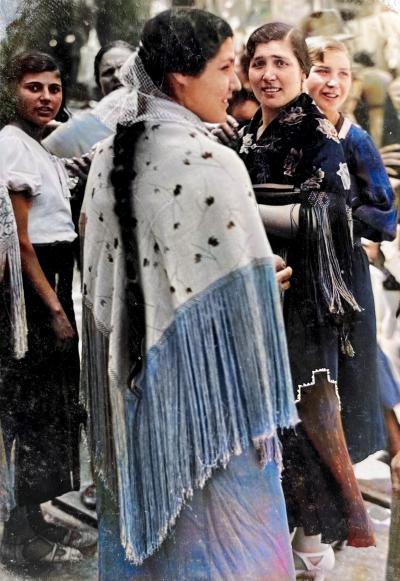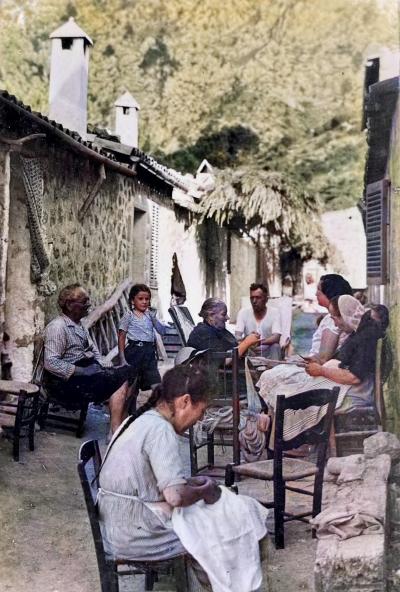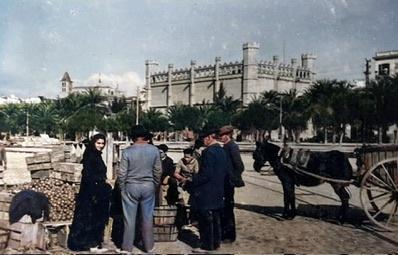How can travelers practice Catalan conversation with locals while visiting Mallorca?
Similar Topics
catalan conversation
practice catalan
mallorca locals
catalan language
cultural experience
language classes
community events
family-run businesses
Travelers visiting Mallorca have several meaningful opportunities to practice Catalan conversation with locals, enriching their cultural experience while honing language skills. Many Mallorcans are proud of their Catalan heritage, and using the local language, even in simple exchanges, often opens doors to friendly interactions. To begin practicing, visitors can start with everyday situations such as ordering food in cafés or markets. Asking about the menu or commenting on local specialties like sobrassada in Catalan not only demonstrates respect but also encourages shopkeepers and staff to respond in kind, providing a natural conversational flow.
Engaging with locals during community events, festivals, or markets offers a more immersive setting for practicing Catalan. The island’s vibrant calendar of traditional celebrations, such as Sant Joan or local fairs, provides a casual environment to listen to natural speech and attempt basic phrases. Additionally, seeking out small, family-run businesses or artisan workshops can provide intimate settings where locals may be more inclined to converse in Catalan. Taking language classes available in some towns or joining guided tours led by Catalan-speaking locals also enhances interaction opportunities, allowing travelers to ask questions and receive immediate feedback.
Patience is key, as not all residents are equally comfortable speaking Catalan with visitors, especially in more tourist-heavy areas where Spanish and English often predominate. Being polite and persistent, while showing genuine interest in the language and culture, will often encourage locals to switch to Catalan. Listening actively and practicing simple greetings, questions about daily life, or compliments can make conversations more engaging and rewarding. Ultimately, integrating these efforts into everyday encounters allows travelers to connect more deeply with Mallorca’s unique linguistic landscape, making their visit more memorable and authentic.
Engaging with locals during community events, festivals, or markets offers a more immersive setting for practicing Catalan. The island’s vibrant calendar of traditional celebrations, such as Sant Joan or local fairs, provides a casual environment to listen to natural speech and attempt basic phrases. Additionally, seeking out small, family-run businesses or artisan workshops can provide intimate settings where locals may be more inclined to converse in Catalan. Taking language classes available in some towns or joining guided tours led by Catalan-speaking locals also enhances interaction opportunities, allowing travelers to ask questions and receive immediate feedback.
Patience is key, as not all residents are equally comfortable speaking Catalan with visitors, especially in more tourist-heavy areas where Spanish and English often predominate. Being polite and persistent, while showing genuine interest in the language and culture, will often encourage locals to switch to Catalan. Listening actively and practicing simple greetings, questions about daily life, or compliments can make conversations more engaging and rewarding. Ultimately, integrating these efforts into everyday encounters allows travelers to connect more deeply with Mallorca’s unique linguistic landscape, making their visit more memorable and authentic.
🧩 Related Questions
Related Question
How does Mallorca’s historical connection to Catalonia influence its local language and traditions?
Related Question
What significance does the Canary Island date palm hold in Mediterranean cultural traditions beyond Mallorca?
Related Question
What are some techniques locals use to keep their homes cool during summer?



